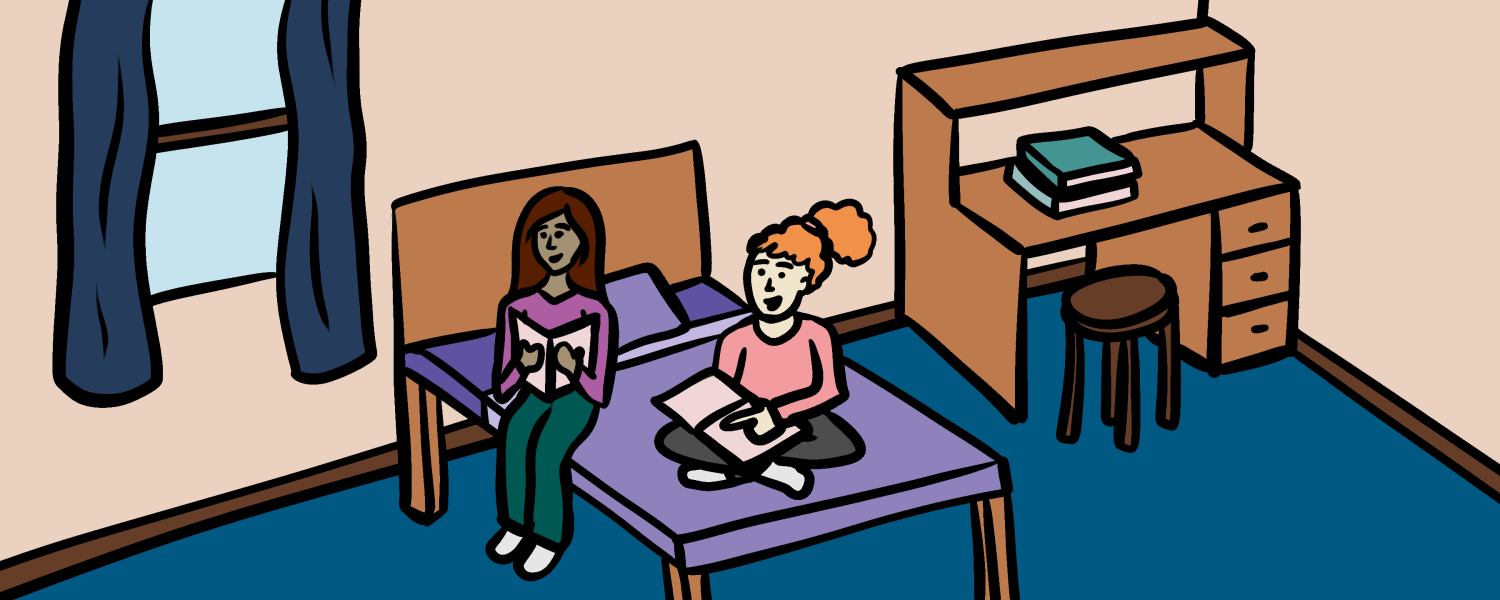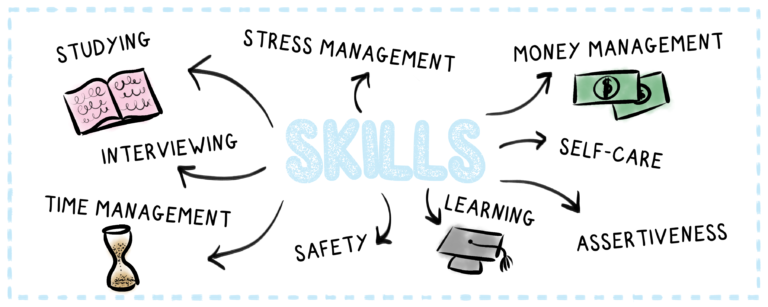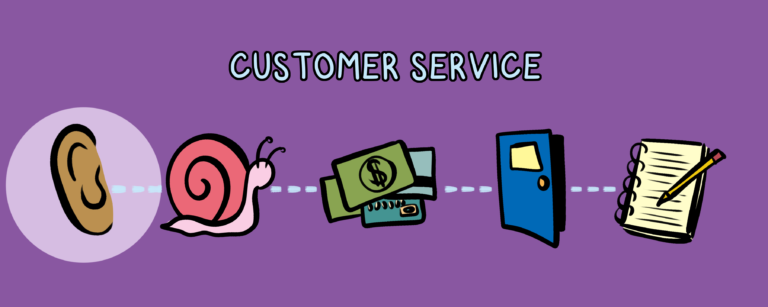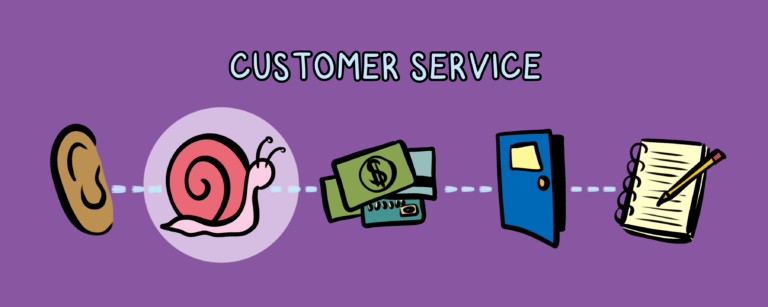Oh, hey! Welcome to the community.
Every strong relationship begins with communication and learning about one another. Helping roommates take the time to increase their understanding of one another, cooperate, and commit to ongoing communication at the beginning of the year can help everyone navigate the experience of communal living smoothly. As we head into move-in season, consider some of the following to make the most of this all-important opportunity for students to connect with one another.
Roommate relationships are continuously developing and changing throughout the year. To expect students to accurately identify their needs and commit to house rules for the year within the first few weeks of living together disregards many of the transition and development theories that underpin our work. We expect and encourage students to develop their understanding of self and others through their residence experience, which will of course cause new perspectives and needs to arise as time goes by.
Roommate Conversations, Not Contracts
Knowing that change is inevitable, being clear to present a roommate agreement as a starting place for learning about one another, and a commitment to keep learning rather than a behavioural contract to be enforced can go a long way in setting students up for success. One way to make this distinction is to provide a discussion guide rather than an agreement template. Open-ended question prompts with flexible ways to answer allow space for students to share what matters most to them.
For example, rather than a series of ‘yes/no’ questions for students to answer about what will be ‘allowed’ within their unit, consider encouraging students to express initial thoughts/preferences around a theme (ex. Guests) and then to discuss questions like:
- What expectations are similar between all of us? How are these similarities helpful or challenging to living together?
- What expectations are different between all of us? How are these differences helpful or challenging to living together?
- When our expectations change, how can we all still work to live together?
- Are there other topics about the theme (ex. guests) that anyone wants to talk about?

Roommate Agreement Foundations:
Staff Training & Facilitation
One way to help set the tone is to use trained student staff as facilitators. Staff can establish shared ground rules, ensure all parties are heard and reinforce the purpose of the conversation. Training student staff on active listening, conflict mediation, and intercultural awareness can ensure a foundation of trust is built through roommate meetings. Some topics that are helpful for student staff to be trained on and keep top of mind are:
- Students may be new to shared living arrangements and not everyone will know what to expect from residence life right away.
- Students may have very different cultural approaches to communal living and negotiating shared space. This may lead to very different expectations and comfort levels in sharing their needs or opinions.
- Staff can use their active listening skills to seek clarification when necessary and ensure students are being understood by one another.
- The facilitating staff member may be called upon to support conflict management later on in the year should it arise, so building trust during roommate meetings is critical.
- Communication styles vary culturally and individually. Ensuring that this is acknowledged within the roommate meeting is important to combat potential barriers.
- Consider having staff reflect on Barna’s (2017) Stumbling Blocks in Intercultural Communication and how they might be aware of them/combat them during a roommate meeting:
- Assumptions of Similarities
- Language Differences
- Nonverbal Misinterpretations
- Preconceptions and Stereotypes
- Tendency to Evaluate
- High Anxiety
Welcome to the community. We’re glad you’re here.






